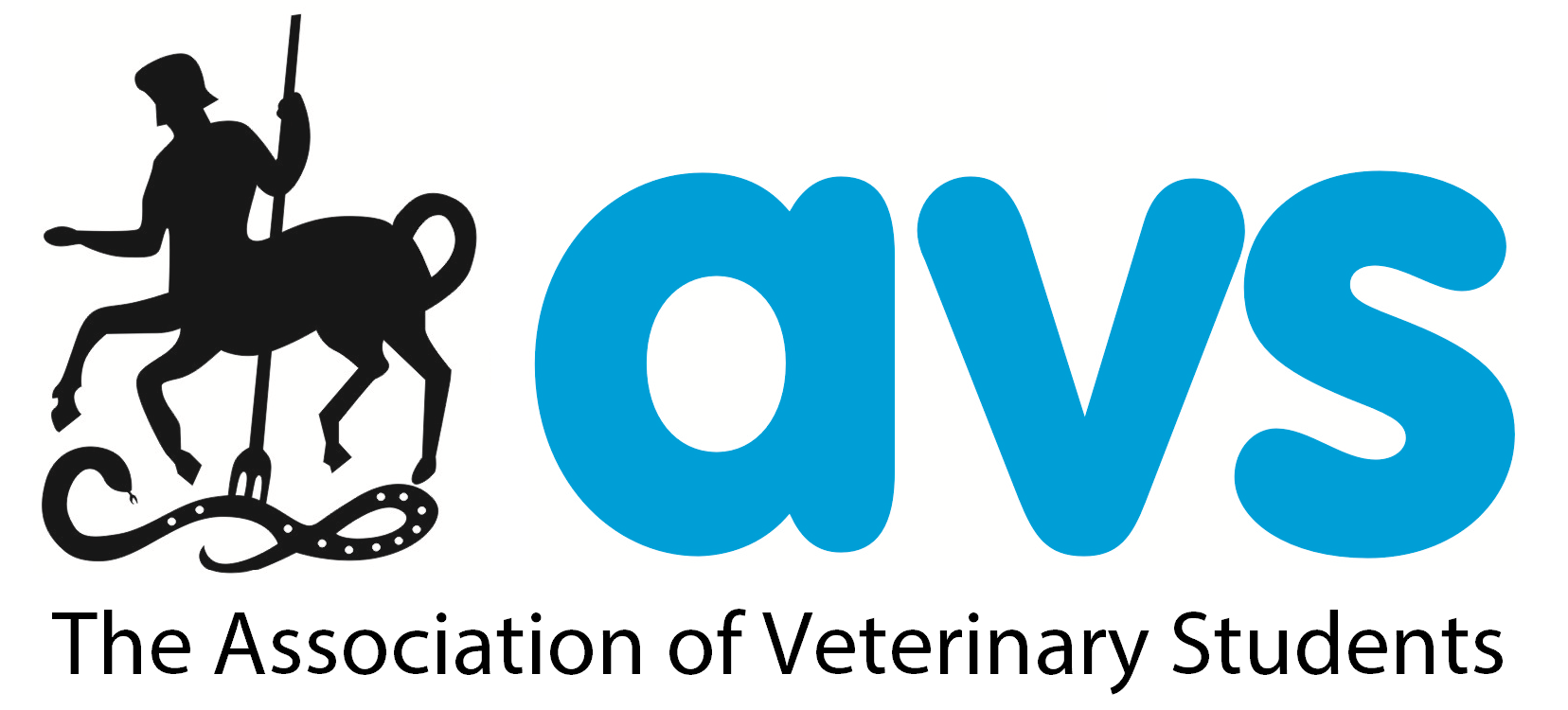Bhavisha Patel
Name: Bhavisha Patel
University: Bristol
Where did you intercalate and what in? I intercalated in Neuroscience at Bristol
When did you intercalate? I intercalated in the middle of my fifth year (2016-2017 academic year)
Why did you choose to intercalate? I chose to intercalate because I wanted to expand my critical thinking, scientific writing and communication skills. Intercalation allowed me to do research and see how non-clinical research and drug development works. I also wanted to understand the challenges and solutions of public engagement with science.
It was also nice to take a year out of the veterinary course and of course to have a summer off!
What were the best aspects of your intercalation year? The skills I developed are all transferable skills that I can use in practising evidence based veterinary medicine. I enjoyed doing research, critically evaluating articles and applying the best methodologies to my lab based project.
Were there any down sides? Neuroscience was a difficult degree to undertake, with respect to the challenges of understanding theories and mechanisms of molecular brain physiology and pathology. I had to learn the research methods behind how theories are made and then critically appraise the research.
I found the transition to writing essays on research articles, critically evaluate them and provide evidence difficult but I got used to it and the faculty are very supportive.
Intercalation is a different world and can be daunting at first but it is well worth it. Having an intercalated degree makes you a more well-rounded person and helps you to question information more. It also encourages you to research evidence for treatments in clinics.
In the vet degree we are spoon-fed a lot of information with little practice in researching and appraising information, so intercalation helps you to think like a scientist as well as a practitioner. Having these two mindsets is an unique asset, and makes you a more active seeker of knowledge.

